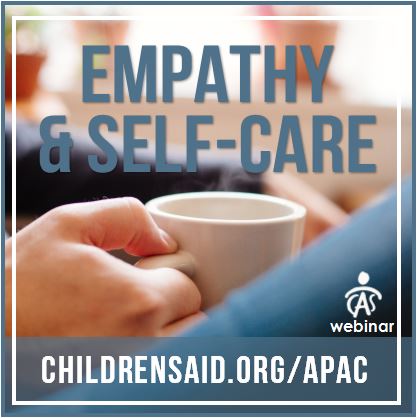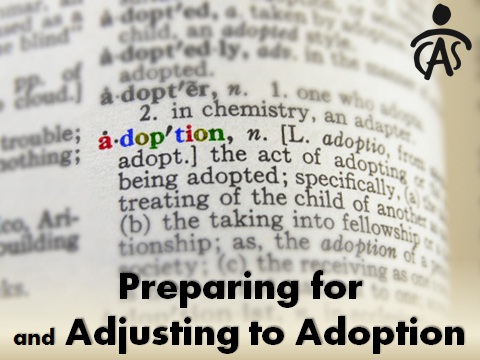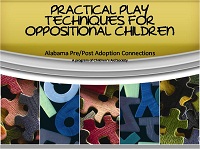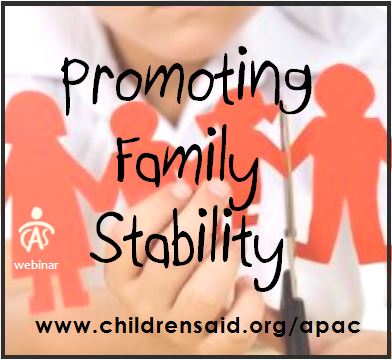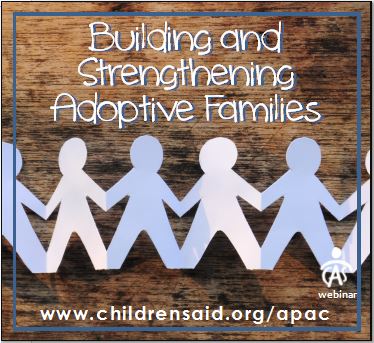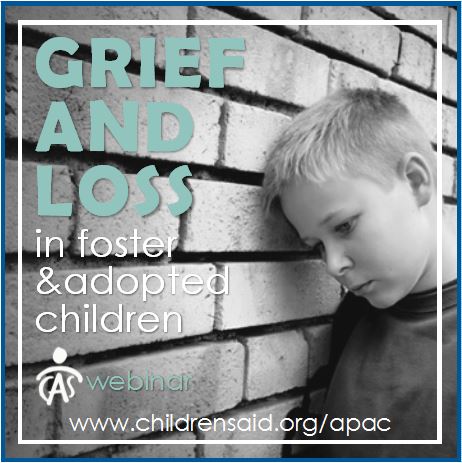Description
The effective use of empathy is an invaluable component of the skill set of any human service professional. As a practice behavior, the use of empathy involves the collective cognitive, emotional, and somatic responses to human beings and their suffering. Practice with children and families who are vulnerable and suffering, particularly those who have survived psychological trauma, inherently requires service providers to be actively ready to use personal psychological resources in the form of empathy and compassion on a daily basis.
Those who serve foster and adopted children are required to access and utilize their empathy resources and skills as an essential function of the work. However, without replenishing empathy resources through methods of self-care and empathy self-regulation, helpers may experience a deleterious effect. The erosion of empathy resources leaves social workers vulnerable to the effects of compassion fatigue and professional burnout. To this end, it is important to recognize that empathy self-regulation is a process that facilitates healthy personal and professional quality of life.

